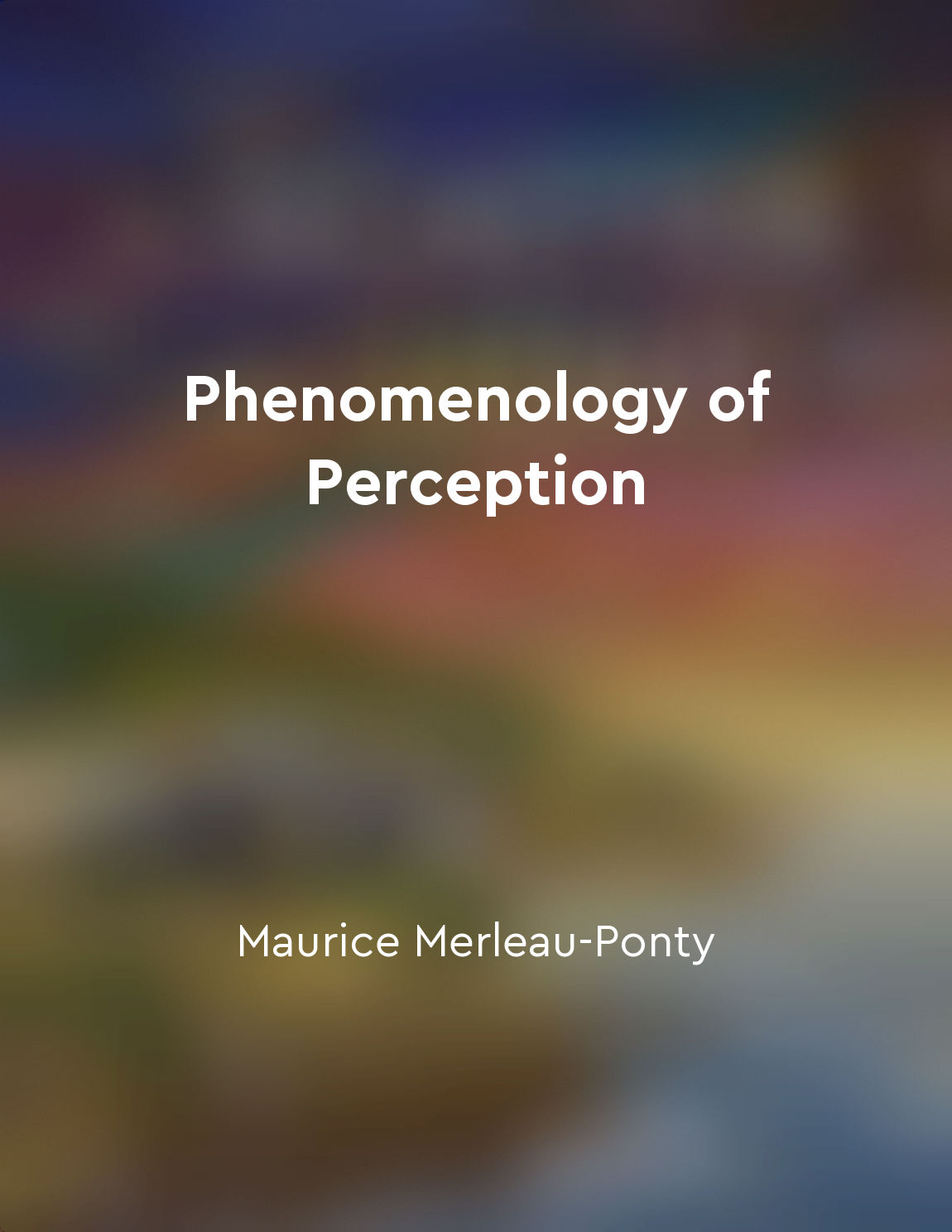The Five Skandhas are the components of experiential reality from "summary" of Buddhism For Dummies by Jonathan Landaw,Stephan Bodian,Gudrun Bühnemann
The Five Skandhas, or heaps, represent the different aspects of human experience according to Buddhist philosophy. These components are form, feeling, perception, mental formations, and consciousness. Form refers to the physical body and the material world that we perceive through our senses. Feeling represents the different emotions and sensations that arise in response to our experiences. Perception involves the recognition and categorization of these experiences based on our pa...Similar Posts
All phenomena are essentially empty and transient
Phenomena arise like dreams, fleeting and insubstantial. They manifest, then dissolve, revealing the nature of impermanence. Th...
Shiva's symbolism in Hindu rituals
The symbolism of Lord Shiva in Hindu rituals holds great significance and depth. Lord Shiva, the supreme deity, represents the ...

The body is central to our experience of the world
The body is not simply a physical entity that moves through space; it is the very medium through which we experience and engage...
Geeta advocates for performing one's duties without attachment
The teachings of the Shrimad Bhagwat Geeta emphasize the importance of performing one's duties without being attached to the ou...
Meditation can cultivate gratitude and contentment
Meditation has the power to transform our outlook on life. By focusing our attention on the present moment and letting go of di...
Balance is the key to good health
Balance is the key to good health, which is a fundamental principle of both Yoga and Ayurveda. When we talk about balance, we a...
Cultivating a sense of compassion can bring profound benefits to our lives
Developing a sense of compassion is not just a moral imperative but also a practical necessity in our lives. When we truly cult...
The past is always in flux
The idea that the past is always in flux may seem counterintuitive at first. We tend to think of the past as fixed and unchange...
Meditation trains mind to see reality as it is
The practice of meditation, according to the insights of Buddhism, serves as a tool to train the mind to see reality as it trul...
